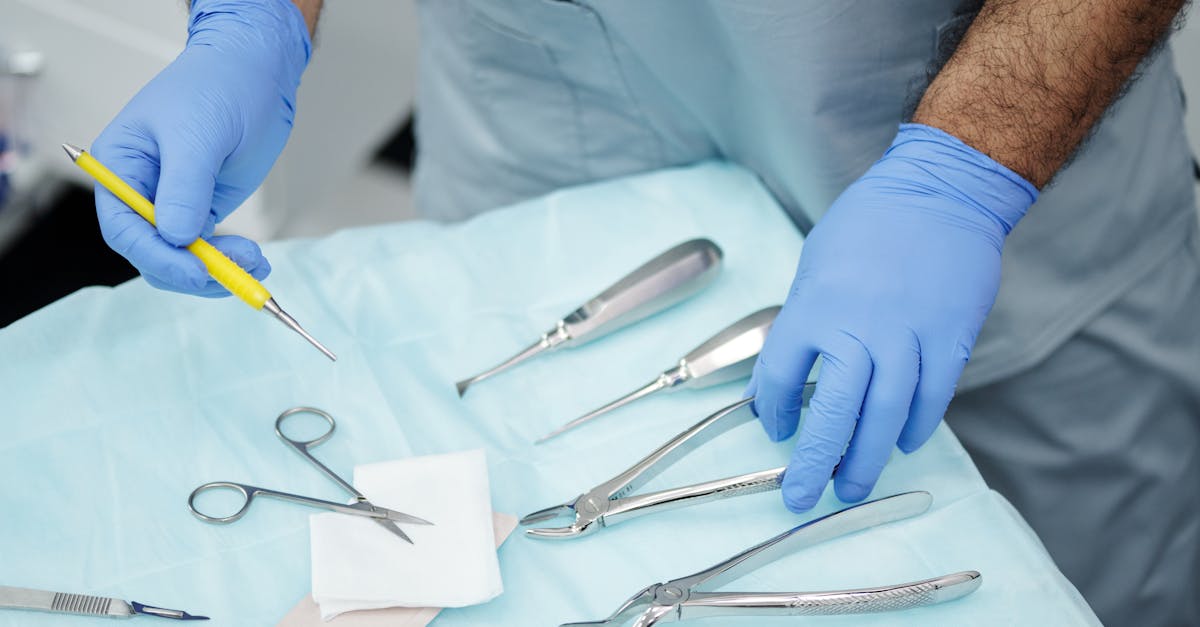Published on:
6 min read
Mastering Dental Surgery: Techniques for Exceptional Oral Health
Dental surgery plays a crucial role in maintaining optimal oral health. By understanding the various techniques and approaches, patients can ensure a smoother recovery and better long-term outcomes. This post delves into the essential strategies that can elevate dental surgical experiences.

Understanding Dental Surgery Techniques
Dental surgery encompasses a variety of procedures aimed at diagnosing and treating oral health issues. Whether it's tooth extraction, root canal treatment, or orthodontic surgery, understanding the different techniques available can empower patients to choose the best path for their health. For example, minimally invasive procedures have gained popularity due to their efficiency and faster recovery times. Techniques like laser dentistry reduce discomfort and healing time, making surgical experiences more pleasant. Patients should discuss their options with their dentist to determine which surgical approach aligns best with their specific needs.
Preparation for Dental Surgery: The Key to Success
Preparation is crucial in ensuring a successful dental surgery experience. Patients should start by openly communicating with their dental care team about any medical conditions or medications that could affect the procedure. Additionally, pre-operative instructions, such as dietary restrictions, should be followed diligently. Those venturing into surgical procedures should also consider mental preparation, which can often be overlooked. Techniques such as visualization and relaxation exercises may help reduce anxiety. A well-prepared patient is more likely to have a smoother procedure and experience fewer post-operative complications.
Post-Surgery Care: Ensuring Optimal Recovery
Post-surgical care is pivotal in achieving the intended outcomes of dental surgery. Following the procedure, it’s essential for patients to adhere to their dentist's post-operative instructions meticulously. This may include taking prescribed medications, applying ice packs to reduce swelling, and adhering to dietary recommendations. Maintaining oral hygiene without disturbing the surgical site is also vital. Soft foods are often recommended initially to aid in healing. Monitoring for signs of complications, such as excessive bleeding or signs of infection, and contacting the dentist when necessary, ensures a successful recovery. Implementing these post-operative strategies leads to better healing and long-term oral health.
Conclusion: Elevating Your Oral Health Journey
Mastering dental surgery techniques is not merely about the procedures themselves but encompasses preparation, execution, and recovery. By understanding each phase and actively participating in the journey, patients can significantly enhance their oral health. Education and communication with dental professionals pave the way for successful outcomes. Remember, your oral health is an integral part of your overall well-being, and taking the time to master these aspects can lead to a brighter, healthier future.
Published on .
Share now!










